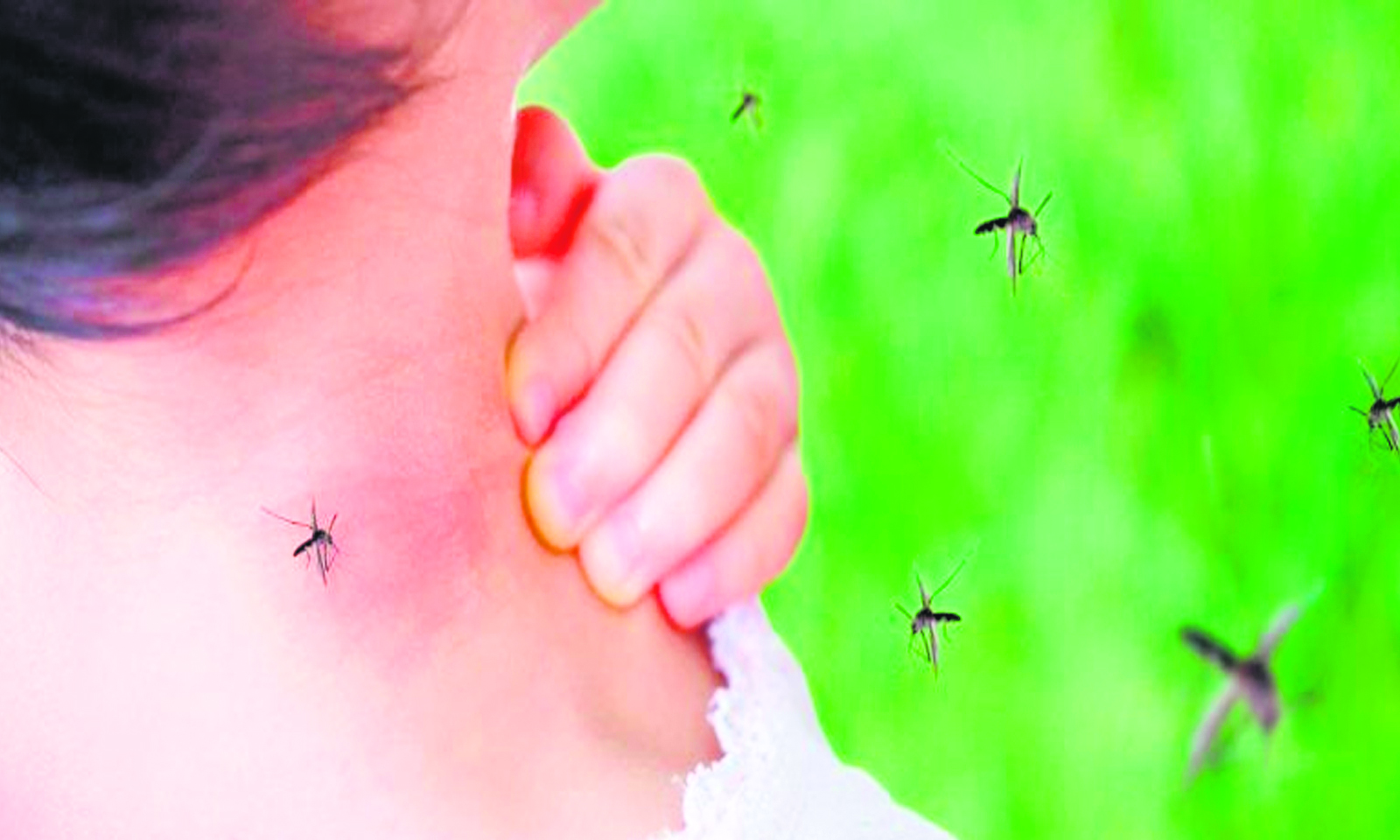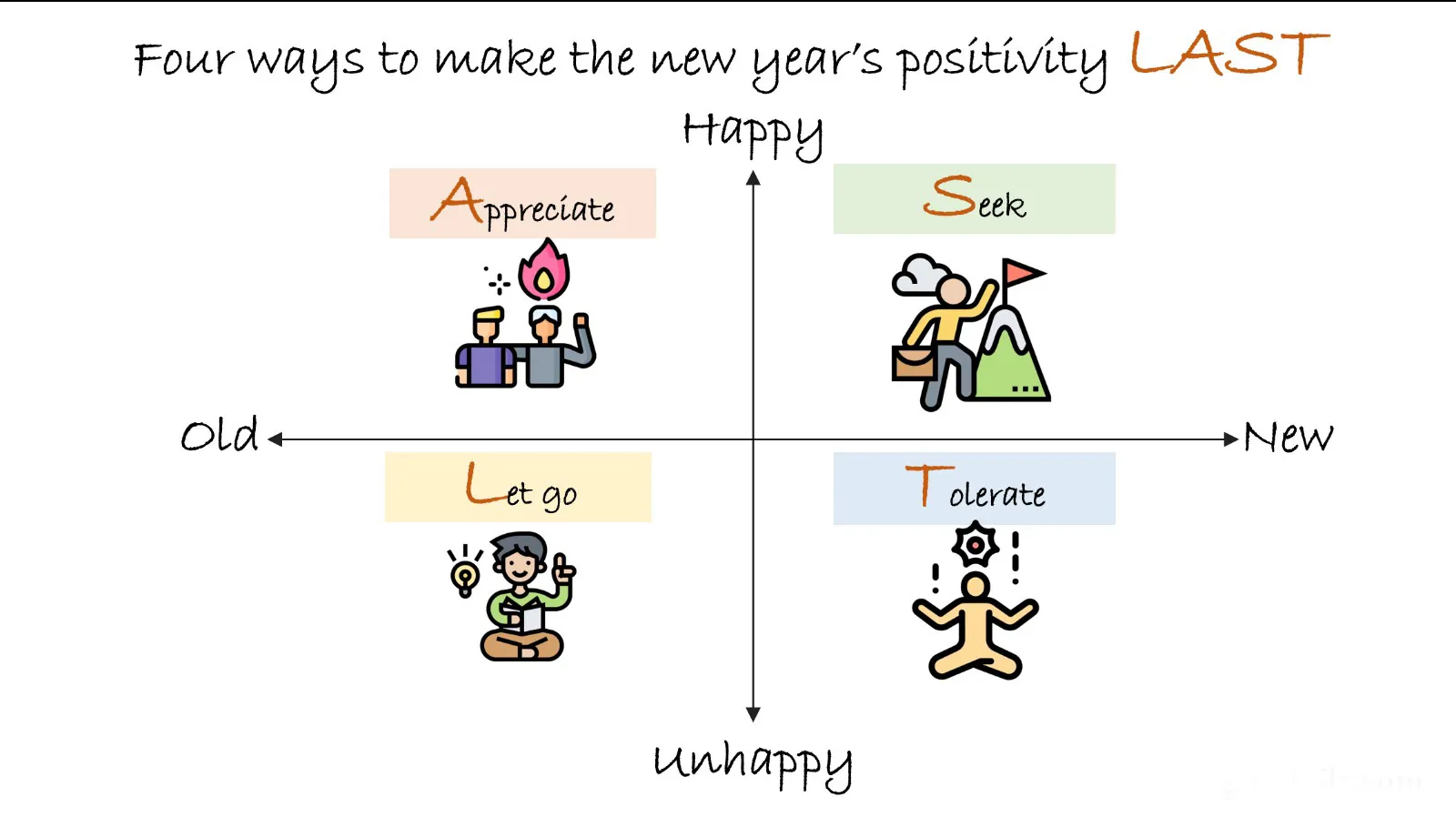In the relentless battle against mosquito-borne diseases, we find ourselves grappling with an adversary more lethal than any weapon of mass destruction—the humble mosquito. While we marvel at the strides in technology, space exploration, and artificial intelligence, we seem to be losing the war against an enemy that claims more lives than all wars in history combined.
The staggering reality is that a single mosquito bite becomes a blood donation for three crore mosquitoes, perpetuating a cycle of disease transmission that threatens communities worldwide. Dengue, malaria, chikungunya, and Zika—these are the deadly gifts mosquitoes bring, each buzzing insect a potential carrier of suffering and death. As we send missions to the moon and unlock the mysteries of the universe, it’s disheartening that we struggle to address a menace lurking in our midst.
The female mosquito, with a fleeting lifespan of 15-30 days, becomes a prolific creator during her short existence. With the ability to lay 500-1000 eggs in breeding sources that range from stagnant water puddles, clogged drains and even old tires, the mosquito ensures that it continues the perpetuation of its species and how. Interrupting this cycle—this chain of life, death, and disease—becomes our imperative duty in the war against mosquito-borne illnesses.
Our approach to this battle needs a paradigm shift. While repellants offer temporary relief, they merely serve as a band-aid solution. “Don’t bite me, bite the other person” is a phrase that echoes with irony, and is selfish to be honest. The community must awaken to the fact that we are not finding solutions; we are merely shelving the problem. Awareness and civic sense are paramount, but action based on scientific validation is the need of the hour.
In an era where we are sending missions to the moon and building top-notch technology, we must question why the war against mosquitoes lacks a scientific edge. Scientifically-validated weapons are crucial, not to harm, but to protect. A mosquito net might act as a shield, but it just shifts the problem; it doesn’t end it. Similarly, other repellants and coils also act in a similar manner and do nothing to eliminate the problem of disease-causing mosquito breeding.
It’s time for communities to unite in the fight against mosquito-borne diseases. We may not see the devastation immediately, but make no mistake—the cumulative impact of these tiny terrors surpasses the toll of wars. Breaking the cycle of breeding, interrupting the flow of blood-sucking and egg-laying, is not just a matter of personal protection; it’s a civic duty.
Awareness is the first step towards forging a collective shield against the menace that mosquitoes pose. Understanding the breeding sources and implementing preventive measures backed by technology can significantly reduce the risks associated with mosquito-borne illnesses. After all, prevention is always better than cure!
As we celebrate the marvels of science and technology, let’s not forget the battles that rage on our doorsteps. A mosquito bite might seem inconsequential, but in reality, it’s a blood donation for three crore mosquitoes—a contribution we can no longer afford to make. It’s time for science to lead the charge, for communities to understand their role, and for us all to collectively disrupt the cycle that threatens our very well-being. The war is on, and it’s time to win by breaking the chain of their breeding.

Prasad Phadke, Founder and CEO at Eco BioTraps, the world’s 1st biodegradable and passive device that shields you from disease-causing mosquitoes by breaking the chain of mosquito breeding.























